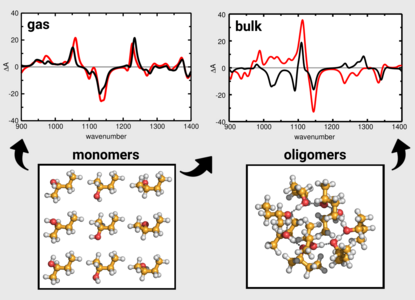Projekte
Das Kompetenznetzwerk HPC.NRW ist Teil des HPC-Landeskonzepts der Hochschulen in Nordrhein-Westfalen. Das hochschulübergreifende Projekt ermöglicht eine strukturierte Bereitstellung von HPC-Leistungen, darunter niederschwelligen Zugang zu Ressourcen, multidisziplinäre Beratung und umfangreiche Rechenleistung, womit die Rahmenbedingungen und Möglichkeiten für Spitzenforschung verbessert und gefördert werden.
Die folgenden Projektpräsentationen bieten eine exemplarische Übersicht über wissenschaftliche Projekte, die durch die Unterstützung des Beratungsnetzwerks HPC.NRW ermöglicht wurden.
↕ Projekte mit diesem Symbol haben erfolgreich den Wechsel zwischen verschiedenen HPC-Ebenen durchlaufen.
CRC1399 - Mechanisms of Drug Sensitivity and Resistance in Small Cell Lung Cancer
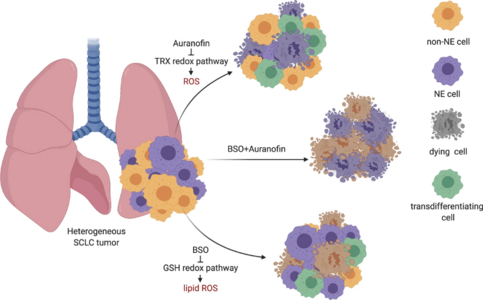
An orchestrated pursuit of mechanistic analyses, with the specific emphasis on identifying druggable features of SCLC like those underlying drug sensitivity, drug resistance and poor patience survival. Read more.
Photonic Materials from ab-initio Theory
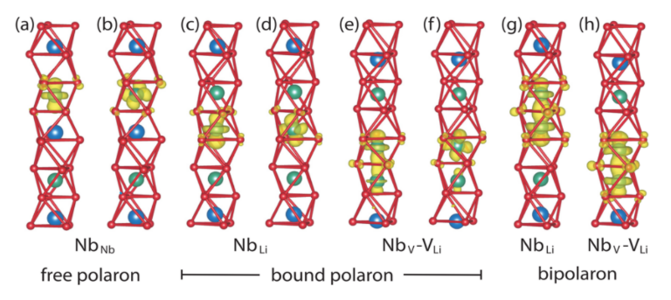
This project concentrates on the development and application of ab-initio methods which provide access to linear and nonlinear optical spectra. Read more.
Strong-field response of complex systems

This project aims at simulating and interpreting the strong-field dynamics of real molecules and larger systems in a rigorous real-space real-time approach including non-linear strong-field effects such as photoionization and high-order harmonic generation (HHG) of systems ranging from small (chiral) molecules over nano-systems to the condensed phase. Read more.
CRPropa – A public simulation tool for cosmic ray propagation
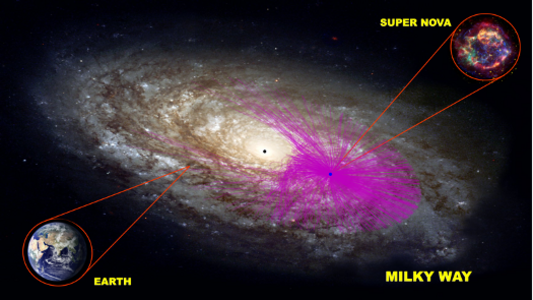
CRPropa is a Monte Carlo code for simulating the propagation of high-energy particles in the Universe. It can be applied to a wide range of astrophysical applications and includes, among others: efficient simulation of high-energy particles in diffusion-dominated domains, self consistent and fast modelling of electromagnetic cascades with an extended set of channels for photon production, and studies of cosmic-ray diffusion tensors based on coherent and turbulent magnetic field models in galactic and intergalactic space. Read more.
Further developing approximation methods for linear inverse problems on spherical geometries with applications from the geoscience and medical imaging
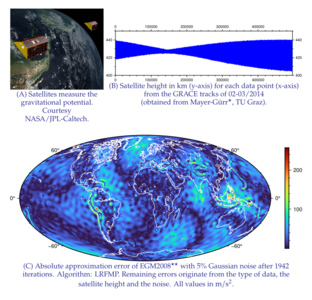
Methods, the (Learning) Inverse Problem Matching Pursuits ((L)IPMPs), exploit the structure of spheres and balls while also tackle the ill-posedness. They enable us to track climatic changes (e.g. water mass transports) of the Earth or brain activities during neuroscientific experiments. Read more.
Experimental and numerical investigation of the formation, rearrangement and re-entrainment mechanisms of reactive-inert particle structures in the case of flow around cylindrical collectors in a gaseous environment
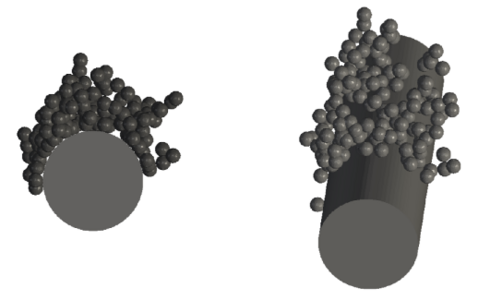
A research project to analyze the influence of parameters like flow velocity, temperature, collector diameter, fiber loading, proportion of reactive and inert constituents, morphology of particle structures, diameter of monodisperse inert particles on the detachment of particles or particle structures. Read more.
Development of High-precision Thermosphere Models for Improving Precise Orbit Determination of Low-Earth-Orbiting Satellites (TIPOD)
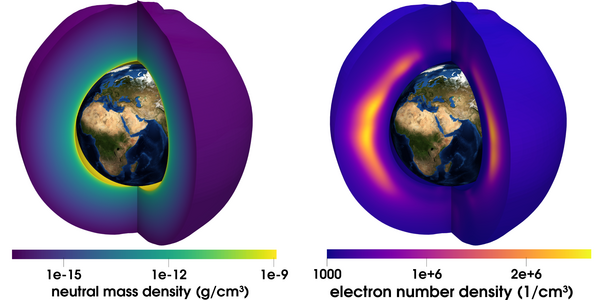
The density of the atmosphere is subject to spatial and temporal variations. There are several empirical and physical models providing the density. However, there are significant differences between those models and also observations of the density. Our goal is to improve models by combining them with observations using data assimilation. Read more.
Machine learning based approaches for combinatorial optimization problems
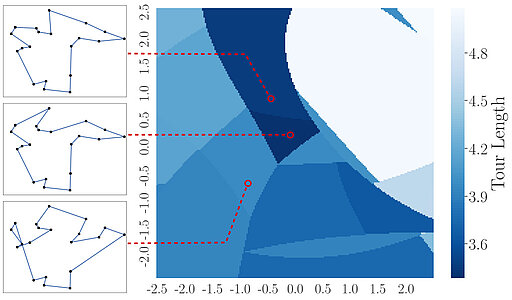
This research project focus on methods the can automate the design of powerful solution approaches to democratize optimization algorithms so that it is easier and more cost efficient to solve combinatorial optimization problems. Read more.
All-electron DFT simulations of particle-like magnetic objects
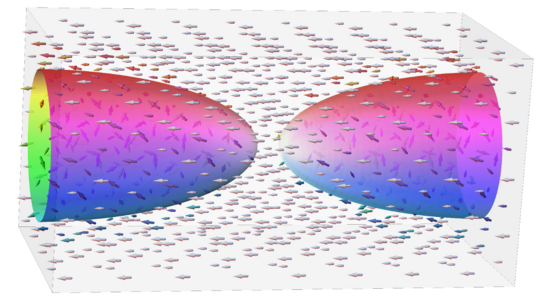
The project aims at performing ab initio calculations of complex magnetic textures and particle-like structures like skyrmions and Bloch points. Read more.
